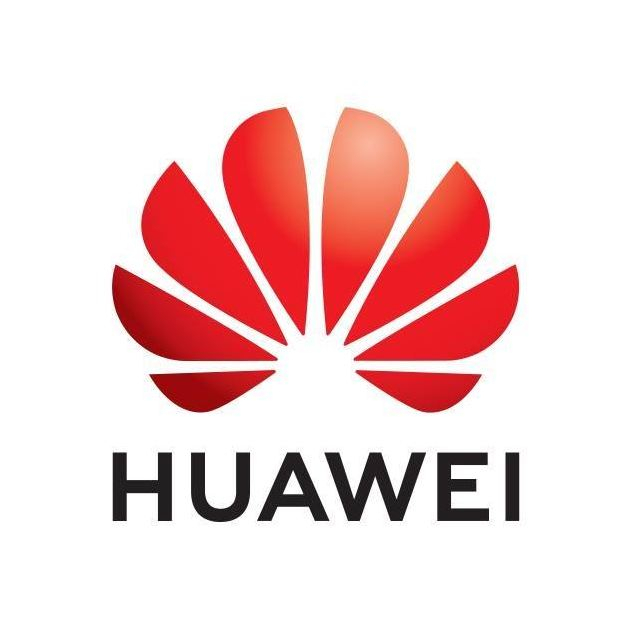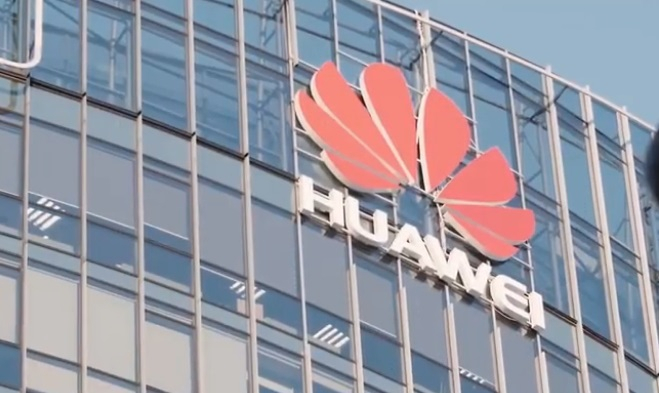Huawei Technologies chairman Guo Ping has claimed that its supply chain has been "attacked" but the company will take all necessary measures to strengthen it. Guo made the comments at the Chinese smartphone and telecommunications gear maker's annual Huawei Connect event in Shanghai that focuses on information and communications technology (ICT).
However, he didn't give details of the alleged attack. Huawei has been facing backlash from several countries, including the United States, which has alleged that China's government may be using Huawai for spying. In fact, the United States further tightened restrictions last month to choke Huawei's access to commercially available chips. Several other governments too have been tightening restrictions on the telecommunications equipment maker's operations in the respective countries.
What's Ailing Huawai?

The mounting pressure on Huawei from several governments has seen the company taking some tough decisions lately. Richard Yu, the chief executive officer (CEO) of Huawei's consumer business unit, announced in August that the company will stop manufacturing its most advanced chips under the Kirin line from September 15.
The Kirin line chips are one of the most in-demand chips of the Huawei as they power the company's high end phones. Speculation is rife that the growing restrictions might compel the company to pull down the shutters on its phone division. This has seen people rushing to buy the company's phones, resulting in a spike in its prices by as much as $73.7 for some devices.
Although Huawei has been stockpiling chips from various vendors in advance of the restrictions' implementation, it is believed that the existing supply of Kirin chips will run out next year.
There's Still a Way

Huawei definitely is under pressure and now feels that its supply chain has been attacked but it doesn't want to give up so easily. In fact, the company is trying its best to bounce back and keep its operations going in other countries, especially the United States.
The US restrictions, however, allow companies to apply for a license from US authorities in order to continue supplying Huawei. Some companies have already been trying to make use of the policy. China's Semiconductor Manufacturing International Corp (SMIC), which uses US-origin machinery to produce chips for Huawei, has already applied for a license.
Intel too has received licenses from authorities to supply certain products to Huawei. Moreover, Huwaei recently launched its Harmony OS, a new operating system that has been developed in a bid to substitute Android as Google has been ordered by US regulators to stop providing updates to the company.








